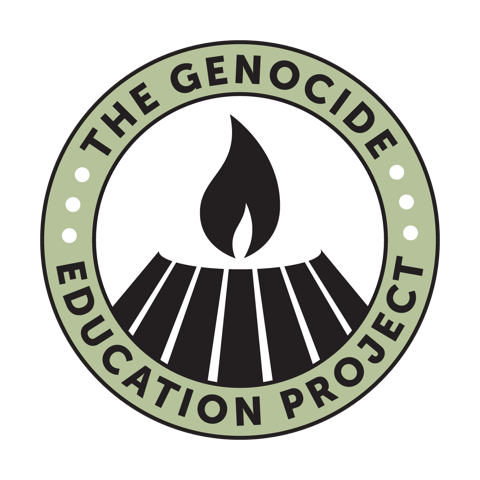We walked for many days, occasionally running across small lakes and rivers. After awhile we saw corpses on the shores of these lakes. Then we began seeing them along the path: twisted corpses, blackened by the sun and bloated. Their stench was horrible. Vultures circled the skies above us, waiting for their evening meal.
At one point, we came upon a small hole in the ground. It was a little deeper than average height and 25-30 people could easily fit in it. We lowered ourselves down into it. There was no water in it but the bottom was muddy. We began sucking on the mud. Some of the women made teats with their shirts filled with mud and suckled on them like children. We were there for about a half hour. If we hadn’t been forced out, that would have been our best grave.
Many days later we reached the Euphrates River and despite the hundreds of bodies floating in it, we drank from it like there was no tomorrow. We quenched our thirst for the first time since our departure. They put us on small boats and we crossed to the other side. From there we walked all the way to Ras-ul-Ain.
Of a caravan of nearly 10,000 people, there were now only some of us 300 left. My aunt, my sisters, my brothers had all died or disappeared. Only my mother and I were left. We decided to hide and take refuge with some Arab nomads. My mother died there under their tents. They did not treat me well—they kept me hungry and beat me often and they branded me as their own.
